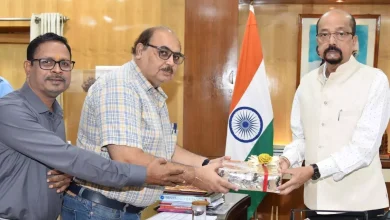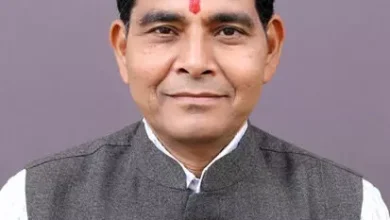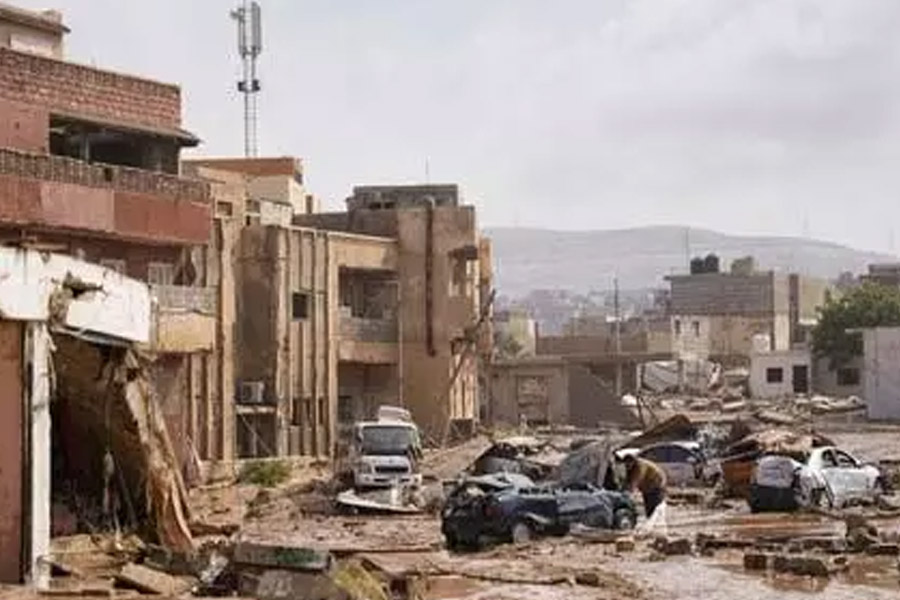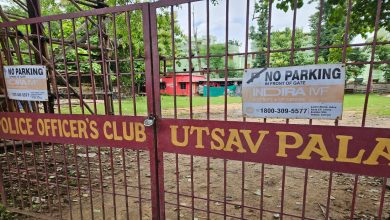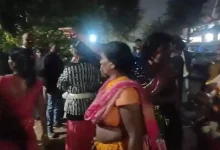AFSPA is not a solution, says Irom Sharmila
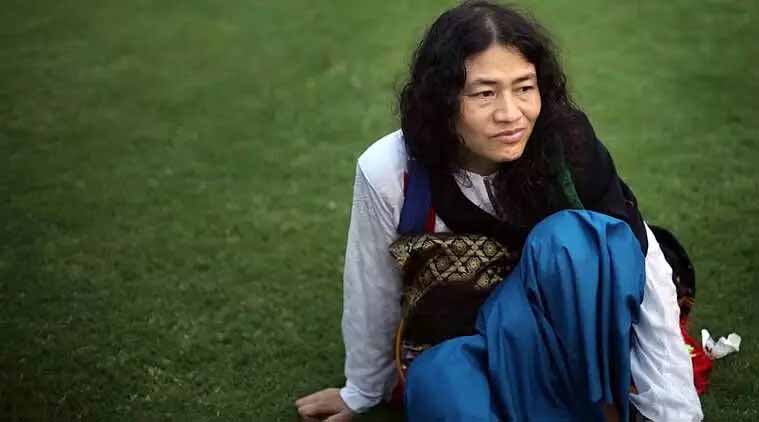
Kolkata: Renowned rights activist Irom Sharmila, popularly known as the ‘Iron Lady of Manipur’, has criticized the recent extension of the Armed Forces (Special Powers) Act (AFSPA) in Manipur, calling it an “repressive law”. Address state conflicts. In a telephone interview with a news agency on Thursday, Sharmila criticized the approach of the BJP-led central government and urged them to respect the diversity of the region rather than insist on uniformity through proposals like Uniform Civil Code. after death of youth The extension of AFSPA in Manipur, which took place on Wednesday, added six more months to the implementation of the law. However, it does not include the 19 police station areas of Imphal Valley and the area that shares border with Assam.
“Extension of AFSPA is not a solution to the problems or caste violence in the state. The Center and Manipur government have to respect the diversity of the region,” he said. Also Read – Manipur State Lottery Result Today – September 28, 2023 – Manipur Singam Morning, Evening Lottery Result “The values, principles and practices of different ethnic groups should be respected. India is known for its diversity. But the central government And the BJP is more interested in creating uniformity through proposals like Uniform Civil Code.” Sharmila stressed that the extension of AFSPA does not solve the problems or caste violence in Manipur.
He called on both the Central Government and the Manipur State Government to respect the diverse values, principles and practices of different ethnic groups in the region. Sharmila said that India is known for its diversity, but the central government and the BJP seem to be more inclined towards uniformity, as is evident from proposals like Uniform Civil Code. Also read- Manipur: CRPF will provide security to the CBI team investigating the Manipur violence. Sharmila also questioned why Prime Minister Narendra Modi has not visited Manipur since the violence broke out in May. He emphasized that PM Modi, as the leader of the country, could have played an important role in resolving the issues through compassion, love and humanitarian approach. However, he expressed concern that the BJP is not really interested in solving the problem and prefers to let it persist. Also Read – AFSPA extended for six months in Manipur; Students’ protest continues for second day “PM Modi is the leader of the country. If he had visited the state and talked to people, the problems would have been solved by now. The solution to this violence lies in compassion, love and human touch ” But it seems that the BJP is not willing to resolve the issue and wants this problem to persist.” The rights activist criticized Manipur Chief Minister N Biren Singh and blamed the wrong policies of the state government for escalating the crisis. Ordained. Sharmila said youth in the state had borne the brunt of caste violence, and the death of a young man and woman, which led to widespread protests, had deeply affected her. Sharmila also highlighted the challenges faced by women in Manipur, especially in light of the AFSPA and ongoing caste violence.
She stressed that discussions about women empowerment and the Women’s Reservation Bill would be futile if the dignity of women could not be protected. Sharmila questioned whether Manipur women are different from women in mainland India and stressed that differences in appearance should not justify different treatment. After leading a 16-year-long hunger strike demanding the removal of AFSPA, Sharmila wondered how long the law would continue to be used to address issues in the Northeast. He argued that India, as a democratic country, should not continue this colonial-era law indefinitely. Sharmila expressed concern over the wastage of crores of rupees in the name of fighting insurgency and called for using these resources for the overall development of the North-East. Apart from this, he also raised questions on the months-long internet shutdown and denial of basic rights under AFSPA. Sharmila asked whether AFSPA could be imposed in Mumbai or Delhi if there were law and order problems in those cities. Sharmila began her hunger strike against the AFSPA in 2000 after ten civilians were allegedly killed by security forces at a bus stop in Malom, near Imphal. Their non-violent resistance continued for 16 years and ended in 2016. Sharmila, now 51, got married in 2017 and is the mother of twin girls. She currently lives in Bengaluru.











